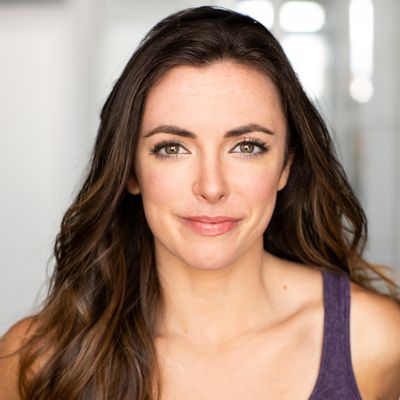Singer-Songwriter, Broadway Actor, and Social Media influencer, Desi Oakley is a generous gift. She most recently appeared on Broadway as Roxie Hart in Chicago, and originated the First National Tour of Waitress as Jenna. But her new original album, Repeat, is the catalyst for this episode. Our conversation is the perfect way to celebrate our holiday theme, #PresentingMyPresent.
No matter how you use your voice, or want to raise it higher, this episode is like therapy!
Click here to access bonus resources from this episode.
Connect with Desi Oakley:
Connect with Tony Howell:
Episode Credits:
- Art by Tony Howell + Gertrude Pillena
- Editing by Connor Lynch
- Hosting by Broadway Podcast Network
If you enjoyed this episode, please visit RateThisPodcast.com/tonyhowell. Be sure to check out our past conversations and subscribe for next month’s special guest!


